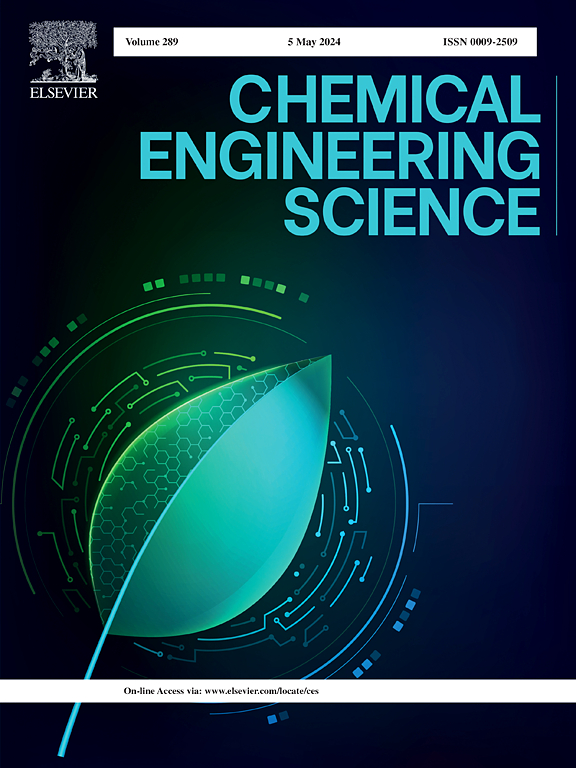基于人工神经网络的甲醇制烯烃再生器分布式数据驱动建模
IF 4.3
2区 工程技术
Q2 ENGINEERING, CHEMICAL
引用次数: 0
摘要
开发高质量的工业单元设备数据驱动模型有利于过程控制和优化。为了进一步提高模型的预测性能,本文以甲醇制烯烃再生器为例,提出了一种分布式数据驱动的建模方法。该方法包括数据清洗、运行模式识别、特征选择和子模型训练与打包。首先提出了一种基于mic的特征选择方法来确定特征集。随机抽取40组准原始数据进行模型性能评价。结果表明,该模型的7个输出结果的均方根误差(rmse)和均方根误差(MREs)均小于经典数据驱动模型。统计显著的测试结果表明,5个输出的预测性能有显著提高,2个输出的预测性能有适度提高。该方法可应用于其他多输入多输出设备,为推动智能工厂建设提供了一种新的建模策略。本文章由计算机程序翻译,如有差异,请以英文原文为准。
Distributed data-driven modeling of methanol to olefin regenerator based on the artificial neural network
Developing high-quality data-driven models for industrial unit equipment is beneficial for the process control and optimization. To further enhance the model prediction performance, a distributed data-driven modeling approach was proposed in this work with a methanol-to-olefin regenerator as the case study. The approach included data cleaning, operating mode identification, feature selection and sub-models training and package. An MIC-based feature selection method was first proposed to determine feature sets. 40 sets of quasi-raw data were randomly drawn for the model performance evaluation. The results showed that RMSEs and MREs of 7 outputs from the developed model were all smaller than those from the classical data-driven model. The statistically significant test results showed that the prediction performance was improved significantly for 5 outputs, and moderately for 2 outputs. The proposed approach can be applied to other multi-input and multi-output apparatuses, providing a new modeling strategy to promote the smart factory construction.
求助全文
通过发布文献求助,成功后即可免费获取论文全文。
去求助
来源期刊

Chemical Engineering Science
工程技术-工程:化工
CiteScore
7.50
自引率
8.50%
发文量
1025
审稿时长
50 days
期刊介绍:
Chemical engineering enables the transformation of natural resources and energy into useful products for society. It draws on and applies natural sciences, mathematics and economics, and has developed fundamental engineering science that underpins the discipline.
Chemical Engineering Science (CES) has been publishing papers on the fundamentals of chemical engineering since 1951. CES is the platform where the most significant advances in the discipline have ever since been published. Chemical Engineering Science has accompanied and sustained chemical engineering through its development into the vibrant and broad scientific discipline it is today.
 求助内容:
求助内容: 应助结果提醒方式:
应助结果提醒方式:


